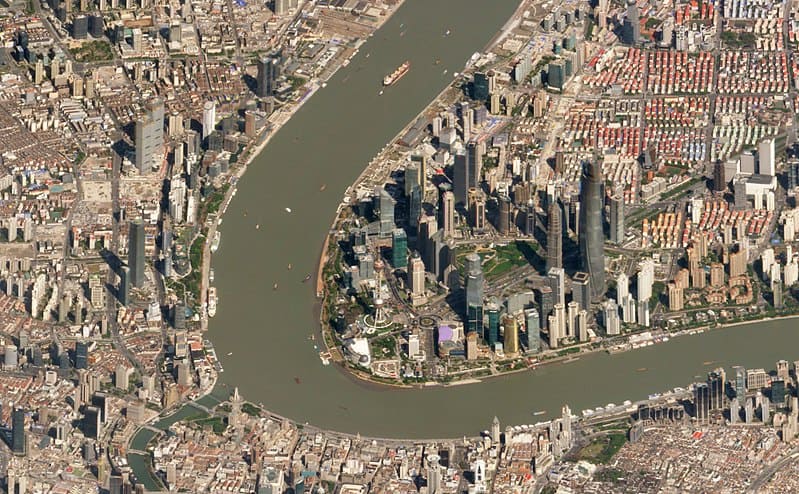A slew of smaller regional banks in China have met with downgrades from credit-ratings agencies, as Beijing’s deleveraging campaign hampers business conditions and leads to a spike in non-performing assets and overdue loans.
A report from Bloomberg says that at least five Chinese banks have been downgraded in 2018, setting a record for the sector.
These banks include Guiyang Rural Commercial Bank, whose bad debts have surged almost tenfold in two years; Jilin Jiaohe Commercial Bank, which has invested 3 billion yuan in wealth management products of dubious quality; Shandong Zouping Rural Commercial Bank, whose NPL ratio surged to 9.3% in 2017 from 2% in 2016.
Dandong Bank saw its credit rating cut to A+ from AA- in March, due to concerns about the impact of out-sized loans on its asset quality.
Analysts say that China’s deleveraging campaign and shadow banking crackdown are behind the faltering health of the country’s smaller and more vulnerable rural banks.
Official data indicates that the NPL ratio of rural commercial banks in China leapt to 3.3% as of the end of March, as compared to 2.6% two years ago.
This compares to ratios of 1.5% for larger commercial banks and 1.7% for joint-stock banks in the first quarter.
“Small and medium banks are the weakest link in the deleveraging process, because of a lack of deposits and their dependence on market funding,” said Grace Wu, head of China bank ratings at Fitch Ratings in Hong Kong to Bloomberg.
Despite their smaller size, Wu says that these regional banks still have the potential to pose a systemic financial risk for China.
“Because the lenders do a lot of business with non-bank financial institutions, their own risks can become contagious and affect the whole system.”
New loan recognition rules are compelling banks to be more honest about their non-performing assets, which will potentially lead to more credit downgrades ahead.
Some analysts anticipate more bank bailouts in the form of forced mergers or share capital injections, while others such as Kevin Smith, chief executive officer at Crescat Capital, forecast an outright credit bust.



